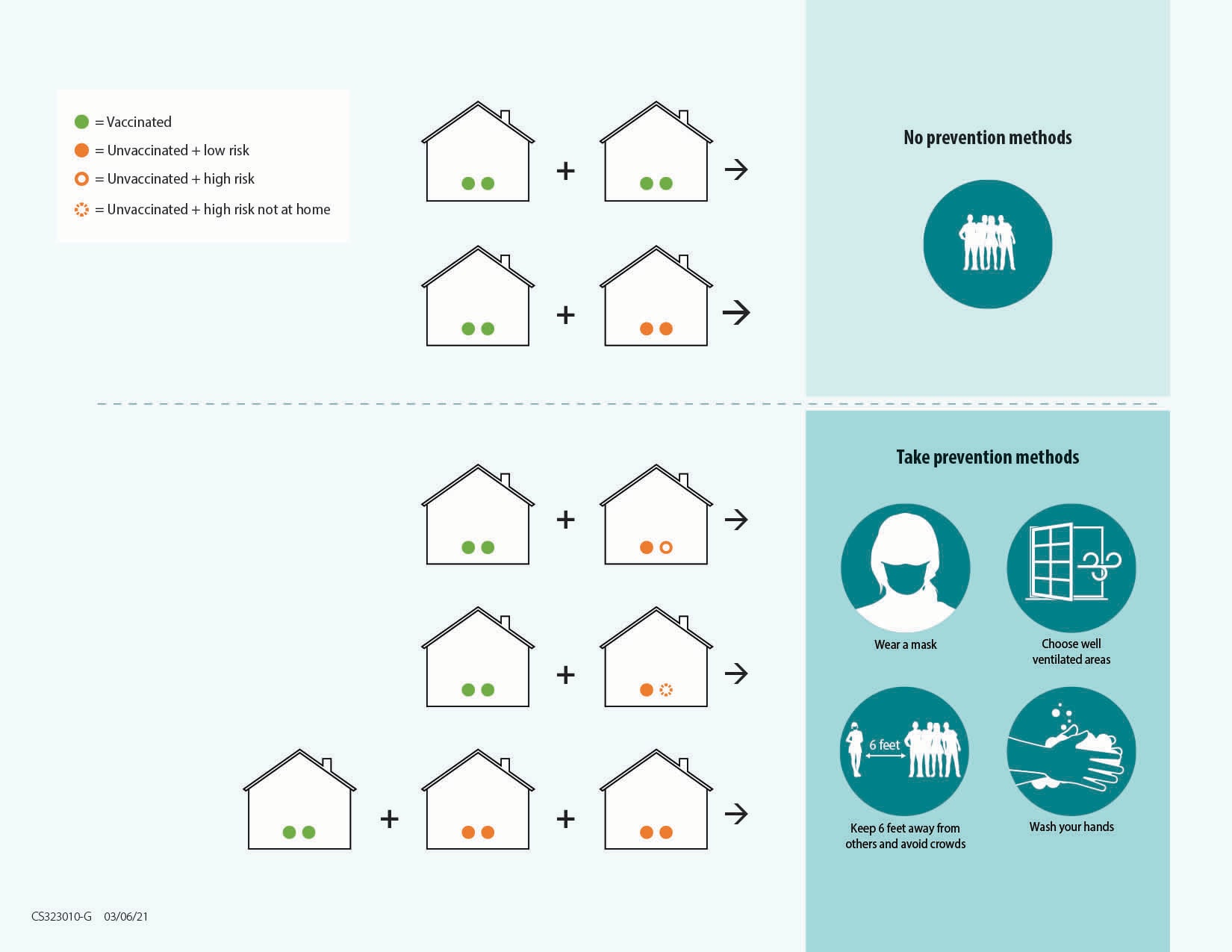Prime Minister Imran Khan testing positive just two days after receiving the first dose of the Sinopharm Covid-19 vaccine has once again set forth a flurry of questions on vaccine protection, which could also be used as fodder by the many vaccine doubters in the country.
Here, we look at what the science and experts tell us on the time it takes for vaccine protection to kick in and the extent to which vaccines guarantee protection from the virus.
Dr Javed Akram, member of the federal government’s Scientific Task Force on Covid-19 and Vice Chancellor University of Health Sciences, while taking to Dawn.com, said it was not uncommon for people to get infected just after vaccination.
“The fact is that antibodies start developing five to seven days after getting the first shot of vaccine. After two weeks, antibodies reach to protective levels but it takes 28 days to reach [their] optimum level.
“Despite that, it cannot be said that a person has become fully protected from virus as no vaccine has 100 per cent efficacy. Around 80pc efficacy rate [for Sinopharm] means that a person, despite getting fully vaccinated, can be infected with virus but they will develop minor symptoms and there will be fewer chances of death.”
Experts in the UAE, where Sinopharm is among the main vaccines being employed, corroborate Dr Akram’s stance.
“For the vaccines to build up immunity, it takes a couple of weeks after the second dose,” Dr Muhammed Shafeeq, Specialist-Pulmonology at Aster Hospital, Al Qusais, told Khaleej Times.
Dr Anthony Thomas, Director Diagnostic Division and Pathologist with Prime Healthcare Group, also noted that “the efficacy of the [Sinopharm] vaccine varies from 75 to 85 per cent” and thus immunity is not assured in everyone.
That means even after two weeks of being fully vaccinated, there are slim chances of contracting the virus as no vaccine is a 100pc effective. For Sinopharm, which has an average efficacy of close to 80pc, this means there are chances that one out five people will still not be protected.
For other vaccines, such as Moderna and Pfizer, which have higher efficacies of close to 95pc, one in 20 people will still remain unprotected.
Can inactivated vaccines cause the virus?
No.
Dr Akram also confirmed that vaccines could not infect people with Covid-19, adding that “inactivated vaccines don’t have transmission potential.”
He said PM Imran's positive test had no connection to the vaccine shot he received 48 hours ago.
“I believe that premier was already infected with the virus but symptoms could not be developed as incubation period of virus is 7 to 10 days. It will be next to impossible to test and trace from whom he was infected as positivity rate of virus has reached to around 10 percent in Pakistan and over 3,000 people are being infected daily,” he said.
Sinopharm and several other Chinese jabs are what are called inactivated vaccines, which means they use a variant of the coronavirus to help the body learn how to fight the actual virus. But since these coronaviruses are “inactivated” they can no longer replicate.
Inactivated viruses have been used to create vaccines successfully for more than a century now, and a few examples include vaccines for the poliovirus, rabies and hepatitis A.
“Inactivated vaccines don’t have transmission potential. While we were doing trial of Cansino Bio, at UHS Lahore, as many as 112 volunteers developed Covid-19 but it did not mean that they were infected due to the vaccine.
“All of them were already infected and that is why we have decided that during a new trial, polymerase chain reaction (PCR) tests will be held,” Dr Akram, who supervised the clinical trial of Cansino at UHS and is National Principle Investigator for clinical trials of another Chinese vaccine, said.
Dr Faisal Mahmood, head of infectious diseases at Aga Khan University, also said that it is not possible to contract Covid-19 after receiving the Sinopharm vaccine as it contained an inactivated form of the virus.
"Getting the coronavirus [after being vaccinated] is not possible," he said. He added that the vaccine begins to work two to four weeks after being administered the second dose.
He stated that Prime Minister Imran Khan had begun showing symptoms two days after being vaccinated which meant that the vaccine had not had sufficient time to protect him against the virus.
Global experts weigh in
Experts across the globe agree that the human body needs “two to three weeks” to build an immune response once the vaccine is administered – irrespective of which vaccine has been taken.
Dr Anthony Fauci, a leading expert from the US, said partial immunity is achieved about two weeks after the first shot of two-dose vaccines such as Pfizer and Moderna.
He said once the second shot is administered, then close to two weeks later there is “a ten-fold increase in neutralising antibodies”.

The US Centres for Disease Control (CDC) also corroborates this and states the following on its website in regards to when people are considered “fully vaccinated”:
“People are considered fully vaccinated two weeks after their second dose in a 2-dose series, like the Pfizer or Moderna vaccines.”
The CDC further notes that since it takes a few weeks for immunity to build, it is possible to get infected with Covid-19 a few days before or after getting the first vaccine shot. “This is because the vaccine has not had enough time to provide protection.”














































